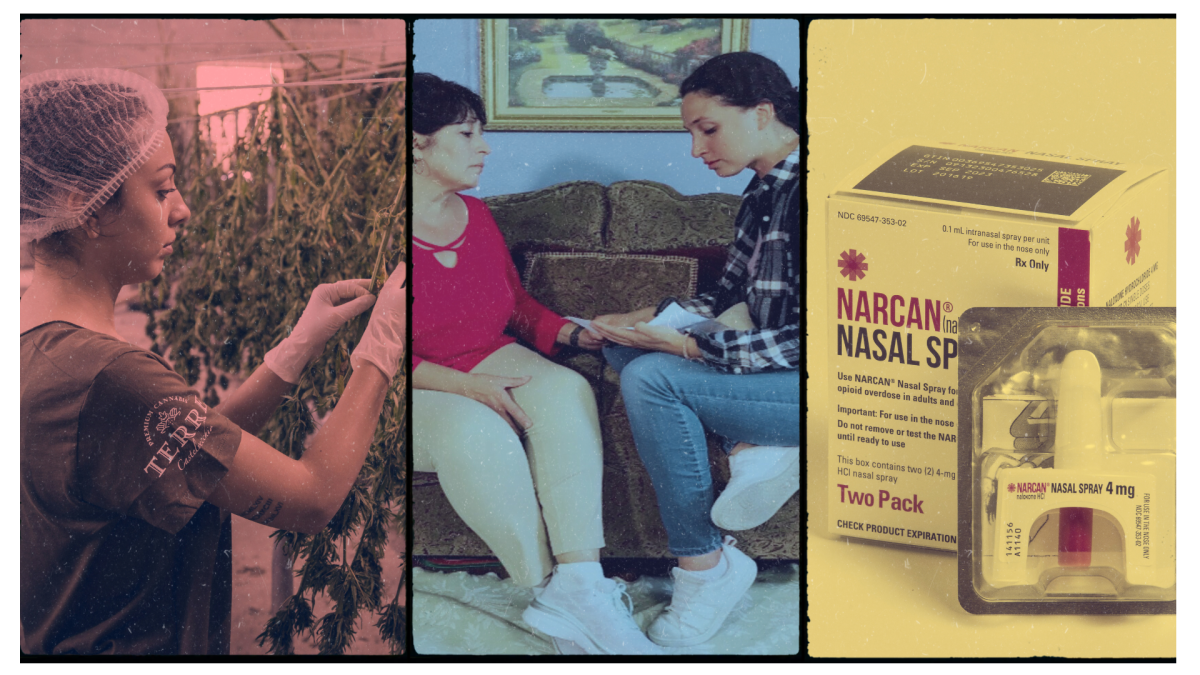
SEATTLE, WA. September 19, 2024 – The Pacific Northwest Agricultural Health and Safety Center (PNASH) has awarded three pilot project small grants to a diverse mix of pilot projects including: the effect of climate change on agricultural workers, WISHA 10 health and safety training for cannabis workers, and an opioid overdose prevention program for commercial fishermen.
The PNASH Center administers the Pilot Project Program to support new initiatives in research, intervention, and translation. The Pilot Project Program, administered under the leadership of Professor Elena Austin, funds projects through a competitive process for a maximum annual direct cost allocation up to $30,000 and a project duration of 12 months.
The 2024-2025 PNASH Pilot Projects
Climate and Mental Health in Agriculture (CLIMA)
Maria Blancas, Principal Investigator, UW Department of Environment & Occupational Health Sciences (DEOHS)
Agricultural workers face unique mental health challenges exacerbated by extreme weather conditions and financial instability. Previous research highlighted significant stressors impacting farmworkers, including stress and anxiety due to seasonal work demands and inadequate mental health services. However, the intersection of climate change and mental health among agricultural workers remains under-researched. By addressing the gap in research and resources on climate change and mental health within agricultural settings, this project aims to mitigate the impact of climate change on farmworkers, improve mental health outcomes, and contribute to healthier agricultural workplaces.
Development and evaluation of WISHA 10 cannabis training module
Diana Ceballos, Principal Investigator, UW Department of Environment & Occupational Health Sciences (DEOHS)
In the United States, the legal cannabis industry employs 420,000 full-time workers and is rapidly growing as more states legalize cannabis. Working with cannabis plants can cause skin and respiratory health issues. In Washington, there is a need for state-wide formalized training to prevent occupational injuries and illnesses within the cannabis industry. This pilot project aims to form a cannabis-related advisory committee to assess ongoing WISHA 10 training and develop and evaluate a WISHA 10 cannabis training module. The advisory committee will allow for different perspectives to inform the development and evaluation of a new module for the WISHA 10 focus on the occupational health and safety needs of cannabis workers. Findings from this study will enhance WISHA 10 training by broadening and updating its content and evaluation, as well as increasing DOSH’s capacity to reach cannabis production workers more effectively.
Evaluating an Opioid Overdose Prevention Program for Commercial Fishermen Using the CDC Program Evaluation Framework and a Systems Theory Approach (Project Gabe)
Denise Damewood, Principal Investigator, Nurse Consultant for State of Alaska Public Health and Alaska Marine Safety Education Association (AMSEA)
Project Gabe is an opioid overdose prevention program for commercial fishermen. Fishing is physically demanding, with workers enduring long hours in adverse weather and high-stress conditions. Work-related musculoskeletal injuries are common, increasing the likelihood of being prescribed opioids for pain and increasing the risk of opioid dependence and misuse. Project Gabe is a resource for harm reduction, providing opioid misuse awareness and education, opioid antagonist training, and medications to reverse the effect of opioids temporarily. This project will provide fishermen with opioid overdose response tools, including naloxone, opioid misuse education, and recovery resources, in a manner that is accessible, easy to understand, and easy to implement. Project Gabe will be assessed and improved using the CDC Program Evaluation Framework from a Systems Theory Perspective to address the complex needs of the crisis. As a short and long-term outcome, evaluation, development, and improvement of Project Gabe should reduce opioid overdose fatalities in the commercial fishing industry.
For more information, contact Judy Lysiak at judy13@uw.edu.


